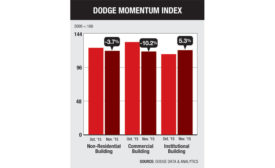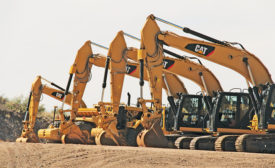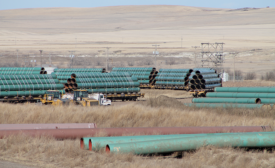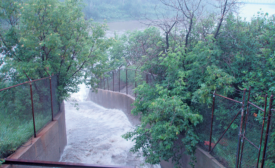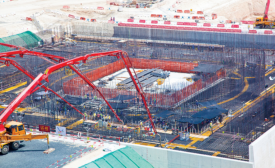Companies
Viewpoint by Marty Garza, VP-Bartlett Cocke General Contractors
Let's Join Forces to Make Construction Education the Best
Why the right university accreditation matters to me—and it should to you too!
Read More
4Q Cost Report: Fleet Sales to Stall Out in 2016
Federal transportation bill will help support only modest equipment activity, forecasters say
Read More
4Q Cost Report: Inflation Makes Small Gains Despite Recovery
Lumber prices will rebound to 2014 levels, while steel prices post steep declines
Read More
4Q Cost Report: Strong Market Raises Worries Over What the Future Holds
With most markets growing steadily, firms now are wondering how long this can last
Read More
Going Against the Grain: Mass Timber Skyscrapers
‘Timber huggers’ are taking action to change conventional wisdom that tall wood buildings are inferior
Read More
The latest news and information
#1 Source for Construction News, Data, Rankings, Analysis, and Commentary
JOIN ENR UNLIMITEDCopyright ©2025. All Rights Reserved BNP Media.
Design, CMS, Hosting & Web Development :: ePublishing
